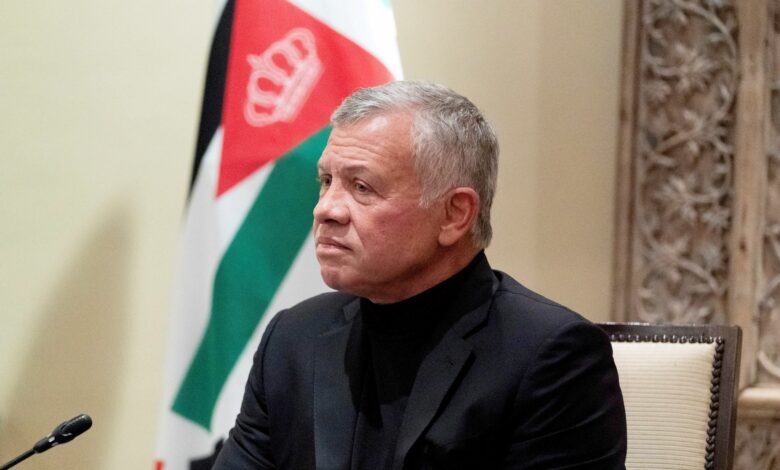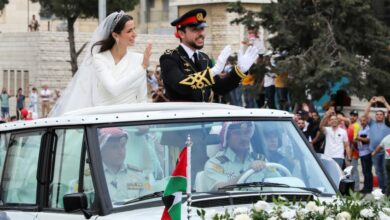
AMMAN, Nov 22 (Reuters) – Jordan’s parliament began deliberations on Monday of proposed constitutional reforms that officials say revitalize the monarchy and are part of a drive to deliver on long promised political reforms.
A royal committee appointed by King Abdullah drafted the proposals to try to modernize the country’s political system and revamp the existing political parties and elections law.
In April former crown prince Hamza was accused of agitating against Abdullah, exposing faultlines within a royal family that has helped shield Jordan from the sort of turmoil that has consumed neighbouring Syria and Iraq.
Prime Minister Bisher al Khasawneh said the draft legislation would pave the way for a prime minister emerging from a parliamentary majority rather than one handpicked by the monarch, a main plank of the reformist agenda favored by a mix of Islamist and tribal figures.
“..It allows the leader of the country (king) to go towards party based governments,” he told the assembly.
U.S.-backed Abdullah, who can dissolve parliament and appoint governments and is the ultimate arbiter in the country of 10 million, has said in recent years he hoped one day to become a constitutional monarch.
The proposals include setting up a national security council headed by the monarch falling under government jurisdiction, a move some experts and politicians see as whittling away the monarch’s powers.
Liberal politicians say the monarch, who has ruled since 1999, has been forced to opt for timid steps toward democracy in response to regional turmoil, constrained by a conservative bureaucracy and a tribal power base which sees reforms as a threat to political and economic benefits.
“This is a coup against the Jordanian constitution and its institutions … How dare the government attack the constitution in this manner,” said deputy Saleh al Armouti in a heated session.
Some deputies also criticized the alterations to the kingdom’s constitution saying it also sidelined parliament and eroded successive governments’ executive powers.
Other changes in the text seen by Reuters widen the representation of women and political parties in an expanded 138-member assembly. It lowers the age for elected deputies to 25 years.
Jordan has in recent years seen bouts of civil unrest and street protests led by disaffected tribes and a mainly Islamist opposition that has demanded the king fight corruption and called for wider political freedoms.
Reporting by Suleiman Al-Khalidi; Editing by Howard Goller




